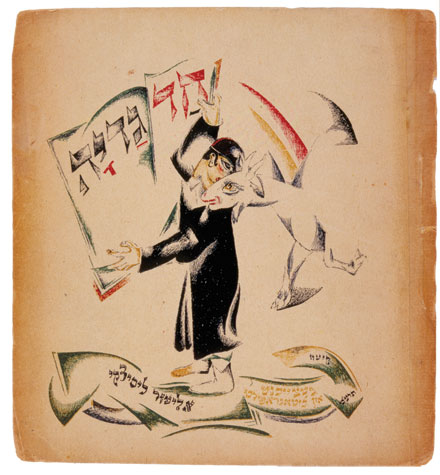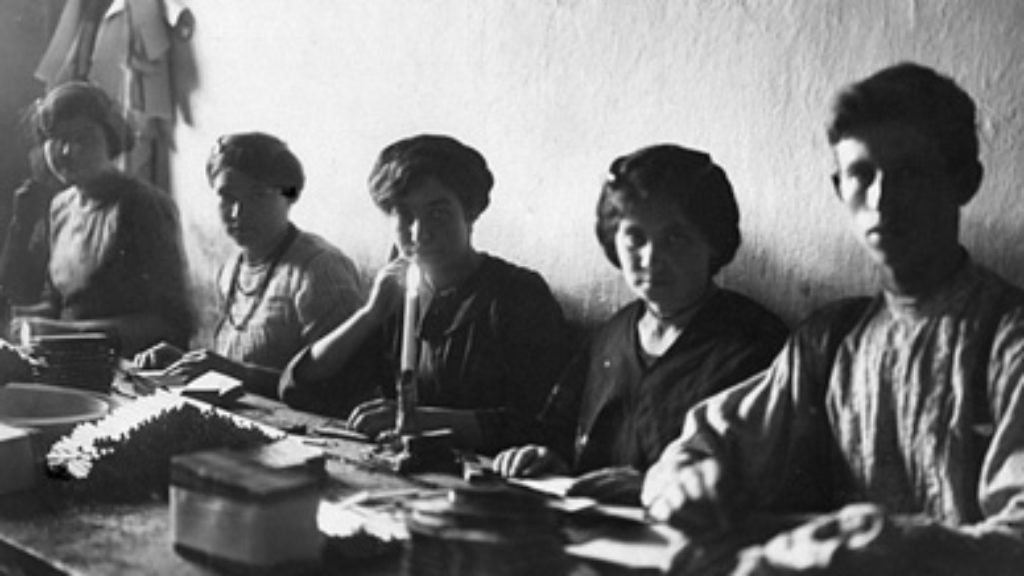The Kid from the Haggadah

He stood in the market
Among rams and some goats,
Waving his tail, pinky long.
A kid from the poor-house,
A kid for two-pence
No make-up, not a bell, nothing at all.
No one paid any attention,
Because no one knew,
Not the gold-smiths, the weavers
Not even you,
That this little kid,
In the Haggadah will be for long
The hero of a popular song.
But father came with a smile on his face,
And bought the small kid, patting his head,
And so began one of the songs,
We will sing for ever, my friend.
With his tongue, the kid licked father’s hand
And touched him with his moist nose.
And so it was, verse one, who would have thought,
That begins: “Father bought.”
It was a breezy spring day, sunny and nice,
And girls laughed with a wink in their eyes.
And both father and kid entered the song,
Waiting their turn, waiting there long.
And that Haggadah was already full
With stories and songs to the brim.
And this is the reason
They are back on last page
Embraced, and pushed to the edge.
And that Haggadah then quietly said:
“Be it so, stand here father and kid,
Through my pages cross the smoke and the blood,
And I tell of events as great as the flood,
But I know that a sea would not split in vain
And a reason there is for walls to collapse,
If at the end of the story
Stand a kid and a father
Expecting their turn to be seen in the light.”
—translated by Dan Ben-Amos
Suggested Reading
Religion and Politics: A Response to Shlomo Riskin
Judaism never advocated powerlessness, but it did protest attributing religious significance to power.
Cri de Coeur
The Short, Strange Life of Herschel Grynszpan: A Boy Avenger, a Nazi Diplomat, and a Murder in Paris.
Tattooing God’s Name, a Jewish Adventure Out West, and Ultra-Orthodox Voting Patterns
A round-up of three new and notable articles in Jewish studies.

Questioning in the Darkness
A century ago, S. Ansky (Shloyme-Zanvl Rappoport) assembled thousands of questions for a survey directed at shtetl residents in the Russian Empire's Pale of Settlement. A new book examines this fascinating survey.
Comments
You must log in to comment Log In